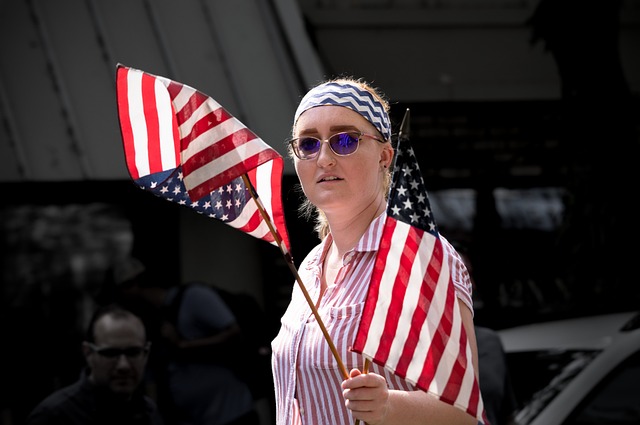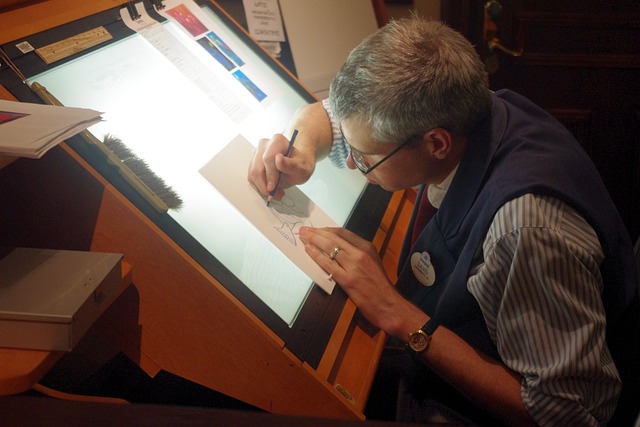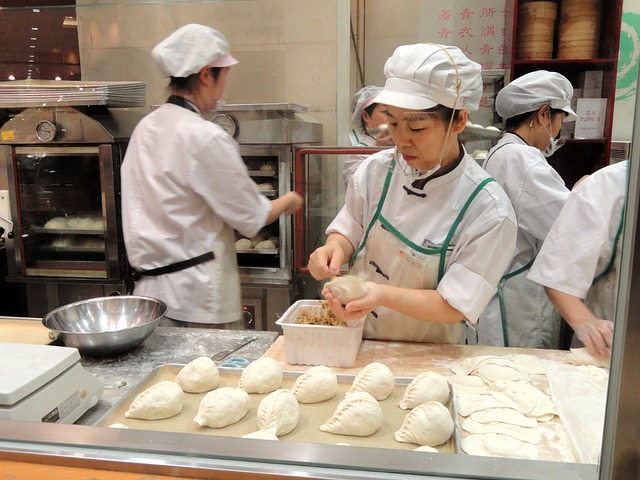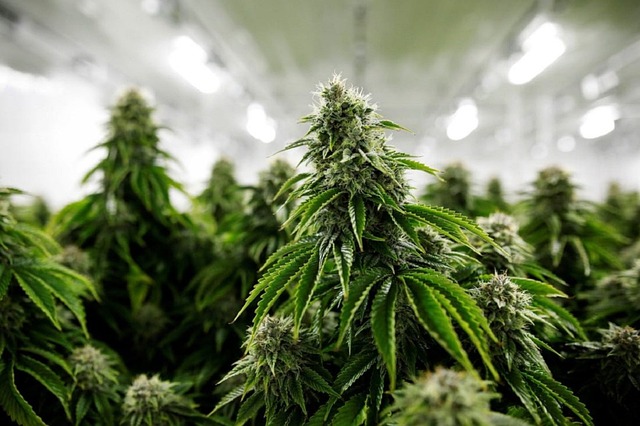Private Property and Businesses in Cuba. Does Cuba have private property?
Private property in Cuba is a very interesting historical topic because throughout its history, the concept has been modified by the current Dictatorship in power, cataloging it as: "Non-State" Property thus creating confusion before the eyes of thousands who still believe that in this country private property and businesses exists and are respected.
Under what situations is “Non-State” property established and developed in Cuba?
As many already know in Cuba, the enrichment that some people can achieve as a result of their abilities is limited by the Government's own policies, which has brought with it the little development of this country in the last 60 years where the only companies that generate large sums of money are in the hands of the Castro family, who are the only successful businessmen in the entire country.
Cuba is a Communist country where a where there is a single political party (PCC) and where the rules of the game are set by them. In this country there is no legal institution that defends the rights of workers in case of any situation in which they are involved. There is no legal protection because simply the institutions in charge of defending the rights of workers are part of the Regime and respond to their interests. The only way for a Cuban entrepreneur to defend his rights in any situation is through bribery or otherwise having connections with members of the State.
Cubans can open a business but only under the conditions imposed by the Dictatorship.
If you are a person who does not agree with the Communist established policies, it is impossible for you to open a business, this means that the licenses granted by the Cuban Workers Union (ONAT) are selective, this means that production in Cuba is being limited by the system itself.
The other important point is that is impossible to request a loan from the bank because the Dictatorship simply does not offer its money to Cuban citizens. Cuban banks have no money, the country's money is in the bank accounts of its leaders. People who open a business in Cuba do so directly with their money without a minimum of state protection. That is why opening a business in that country is a huge risk, although Cubans still try.
Communists ignore the free market and believe that the value of products or stocks can be manipulated when we all know that the free economy is uncontrollable and the market itself is in charge of setting prices according to supply and demand on the other hand, the Dictatorship forces businesses to sell their products at a certain price and if these companies violate these rules, businesses may be closed or business owners may be intimidated. No one would be fool to buy a product and then sell it below the price that it was originally purchased for.
This is a serious problem that has practically turned the country into an Economic Battlefield where the Dictatorship does not have an infrastructure of department stores created to supply these businesses with products at a reasonable price. The Cuban who owns any business must buy the raw material in a common store where the prices are extremely high. The alternative for people to meet this need is once again the black market and although the Dictatorship is aware of these practices, it simply allows it because in Cuba it is impossible to create something 100% legal bringing with it more corruption.
This is something that happens and it is inexplicable. All negotiations carried out between Cuban and foreign businessmen must be carried out through a Cuban state company. This means that these negotiations will be carried out under the conditions chosen by the Cuban Mafia called the Government making it impossible to establish economic agreements that benefit both parties involved in the business, thus taking a substantial part of the profits. These obstacles can be the payment of a license, an import duty, a direct tax on the product, a commission for using national state services or anything else that they invent.
The consequences of this policy are serious. There are millions of Cuban peasants who each year lose their crops due to the lack of machinery, where a peasant cannot buy the necessary tools because the Dictatorship simply does not offer a loan to do so or because the prices at which these products are sold are too high. In the same way, peasants cannot buy working machinery abroad directly, these machinery must be bought in Cuba at the price that the Dictatorship says.
This has happened since 1959. The Dictatorship allows some Cubans to accumulate large amounts of money and then take it all from them. As they know that in the country everything is illegal because they created that system themselves, they assume that these people have obtained their wealth as a result of illegal practices and thus confiscate their material assets. If this does not work, with the help of the Cuban judicial system which belongs to the military, they fabricate a criminal case for the defendant in question in order to convict him of a false crime. Because of all this, many Cubans place their company in the name of a someone else (foreigner) in order to thus be able to escape a little from this situation. Although in the same way many foreigners have lost business in Cuba after having invested large sums of money.
This is one of the most important reasons why it is not advisable to open a business in Cuba. The lack of resources. In Cuba the Internet is expensive, slow and inefficient, this reduces communication between companies or small businesses as well as free access to information, and there is also a huge shortage due to low production. This is reflected in the poor hygiene that exists in many businesses, at least in Havana, the city where I lived.
As many know, cars in Cuba are from the last century and it is very difficult to repair them. Unfortunately, what seems cool to many is a real nightmare for taxi drivers, who must have these vehicles in perfect condition in order to transport people and generate income, and although the Dictatorship requires that these cars be in perfect condition, it does not provide the taxi driver with spare parts for these vehicles forcing them to invent solutions on their own and modifications to these cars that later results in the appearance of traffic accidents.
As a curious fact, I tell you that the Dictatorship began to grant a production license to small Cuban entrepreneurs as of 2010. Before that year, any private business initiative was not officially recognized by the State, which turned the country into a kind of large-scale black market where everyone was involved. Similarly, it is absurd to think that a person needs a document, permit or license from the Government of their country to open a business. There are processes to carry out these activities which the Government has no right to prevent as long as they contribute values or provide a positive service to society. Society needs businessmen and women who generate employment and fully develop the country where they live. Thinking that the Government has the right to limit our physical or intellectual capacities are things of the past. Each human being is his main and most precious private property and private property must be respected.











Comments
Post a Comment